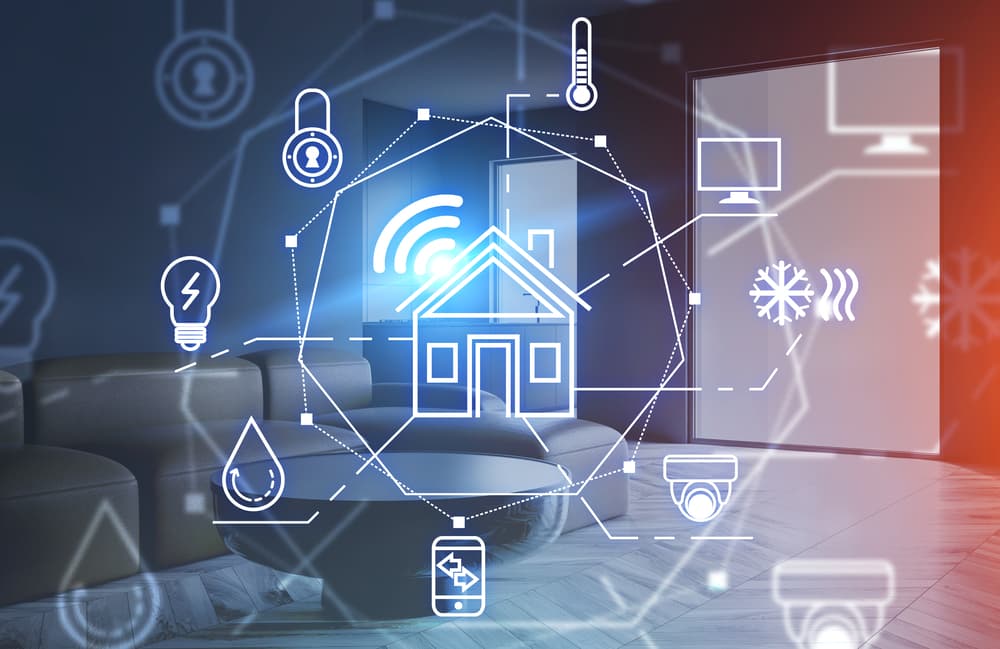The Evolution of AI: Unveiling the Cutting-Edge Devices Revolutionizing Industries

Artificial Intelligence (AI) has emerged as a transformative technology, revolutionizing various industries. In this blog post, we will explore the diverse range of devices that incorporate AI, showcasing their impact and potential applications. From smartphones to smart homes, AI has become an integral part of our daily lives, enhancing efficiency, convenience, and innovation.
- Smartphones:
Smartphones have become ubiquitous, and AI plays a crucial role in their functionality. AI-powered virtual assistants, such as Siri and Google Assistant, utilize natural language processing and machine learning algorithms to understand and respond to user commands. Additionally, AI algorithms optimize battery life, enhance camera capabilities, and personalize user experiences through intelligent app recommendations. - Smart Home Devices:
AI has transformed traditional homes into smart homes, where devices are interconnected and can be controlled remotely. Smart speakers like Amazon Echo and Google Home utilize AI to understand voice commands, play music, answer questions, and control other connected devices. AI algorithms also enable smart thermostats, lighting systems, and security cameras to learn user preferences and adjust settings accordingly, optimizing energy consumption and enhancing security. - Autonomous Vehicles:
The automotive industry has witnessed a significant transformation with the integration of AI. Self-driving cars leverage AI algorithms, computer vision, and sensor technologies to navigate roads, detect obstacles, and make real-time decisions. AI-powered advanced driver-assistance systems (ADAS) enhance safety by providing features like lane-keeping, adaptive cruise control, and collision avoidance. - Healthcare Devices:
AI has revolutionized healthcare by empowering various devices with intelligent capabilities. Wearable devices, such as smartwatches and fitness trackers, utilize AI algorithms to monitor vital signs, track physical activity, and provide personalized health recommendations. AI-powered medical imaging devices, like MRI and CT scanners, assist in accurate diagnosis by analyzing complex medical images and detecting abnormalities. - Industrial Robotics:
AI-driven robots have transformed industries by automating repetitive tasks, improving efficiency, and ensuring precision. Collaborative robots, or cobots, work alongside humans in manufacturing environments, utilizing AI algorithms to adapt to changing tasks and environments. These robots enhance productivity, reduce errors, and improve workplace safety.
Conclusion:
The integration of AI into various devices has revolutionized industries, enhancing efficiency, convenience, and innovation. From smartphones to autonomous vehicles, healthcare devices to industrial robotics, AI has become an indispensable part of our lives. As technology continues to advance, the potential applications of AI in devices are limitless. Embracing these cutting-edge technologies will undoubtedly shape the future, unlocking new possibilities and transforming industries across the globe.

